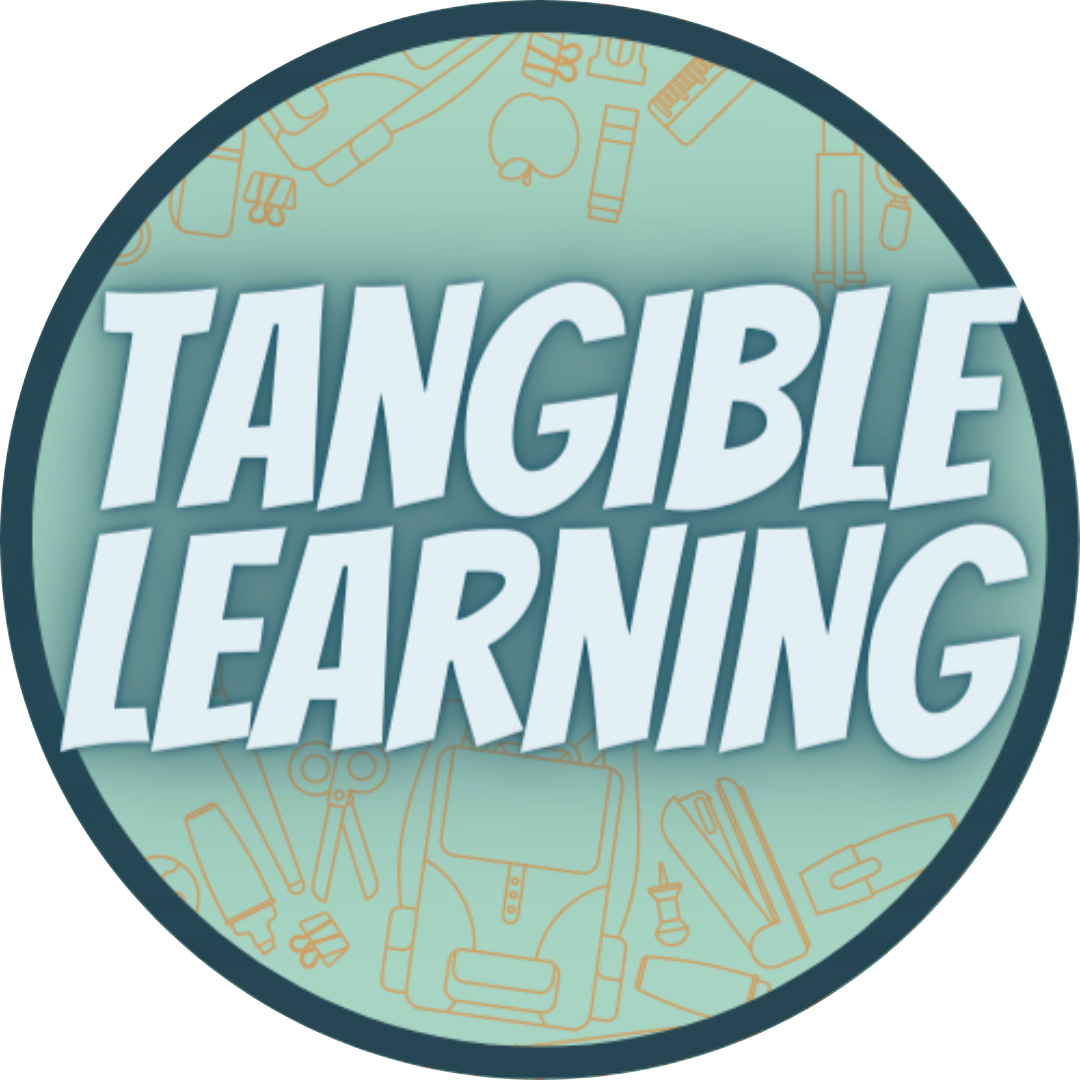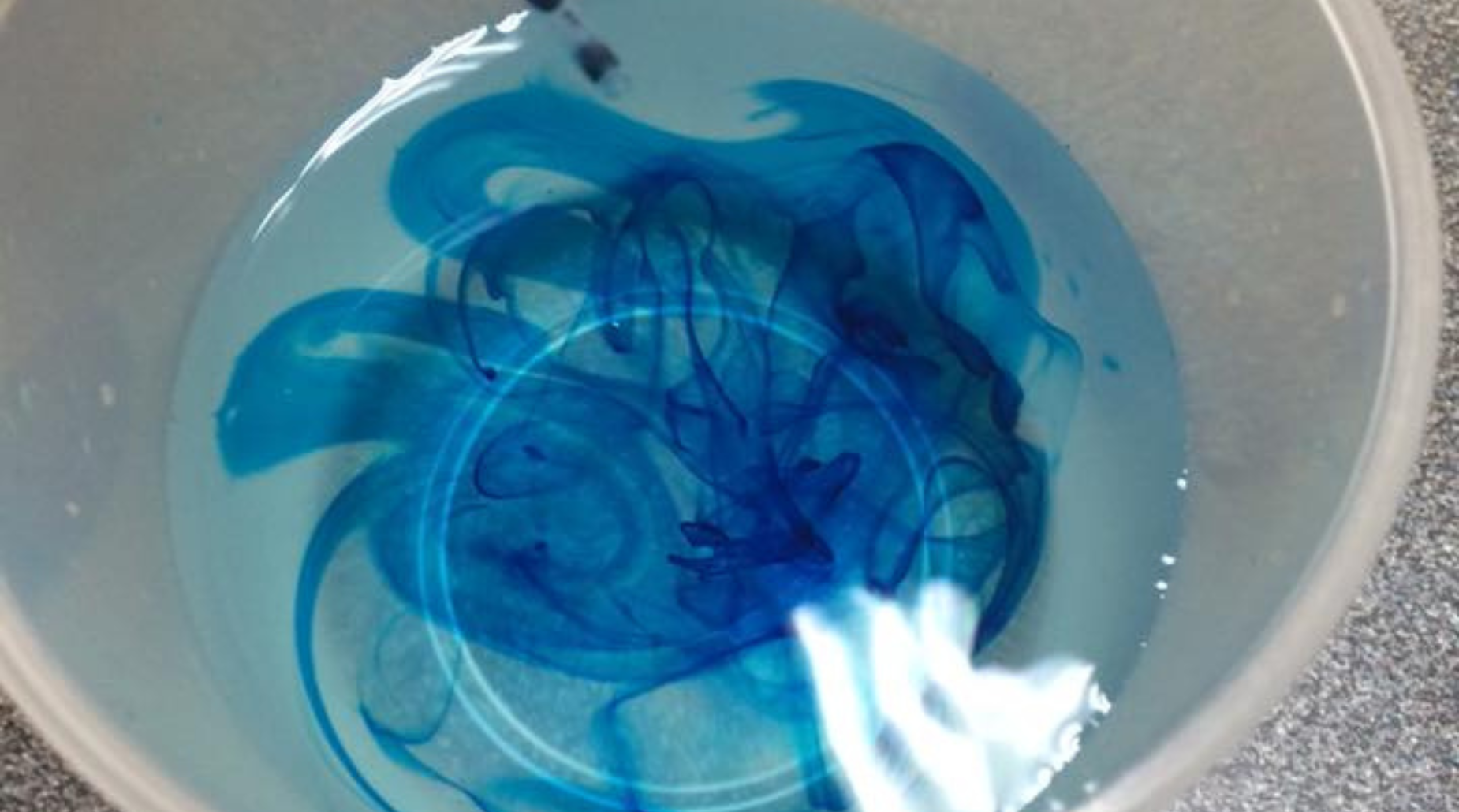Good Questions - Why do they even matter?
What are good questions?
One thing we know as care givers and early child educators is that children ask questions…
Small children ask A LOT of questions…
I recently read a study which said that between the age of 2-5, children ask around 40 000 questions. Questioning is a really important part of science, technology, engineering, and mathematics (STEM) education because it helps us learn about the world around us, and learning about the world around us is pretty much the basis of STEM. Questioning is also fundamental to inquiry-based learning which is really the best way to investigate STEM and the most natural way for young children to learn.
In this post, we’ll be covering what good questions actually are, tips for asking good questions to young children, and the types of questions that children themselves ask.
So, what is a ‘Good Question’?
We use plenty of question all the time in life and that are really important, ‘have you put your seatbelt on?’, ‘can you please get some milk?’, or ‘do you want rice for dinner’, but ‘good questions are different. Good questions are high quality questions (often referred to as higher order questions) which challenge a person to think.
Good questions generally have three features:
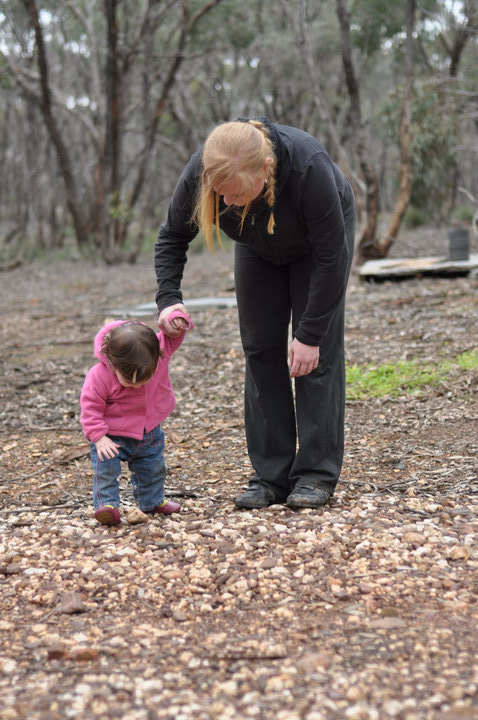
- The questions do not have simple ‘yes’ or ‘no’ answers. Questions with yes or no answers discourage higher order thinking. Good questions require more than just recall. They are not rote answers, like ‘what is 5×5?’ ‘25’. They tap into the child’s thought processes and are therefore encourage more authentic learning.
- Good questions mean that both the asker and the person answering are thinking and learning something. For example, if you ask the child, ‘What colour is the fire truck’, you already know the answer. It is a great question for a child learning colours, but it does not encourage higher order thinking.
- A good question is open ended which means that there is no right or wrong answers.
Tips for Asking Children Good Questions
· Listen to what children say and observe what they do before asking questions. This way you can make sure that your questions follow their interests.
· Give children time to think and explore before answering questions. Children will often answer their own questions. Sometimes they are just thinking out loud.
· The questions you ask should always be genuine. They should usually be questions to which you don’t know the answer.
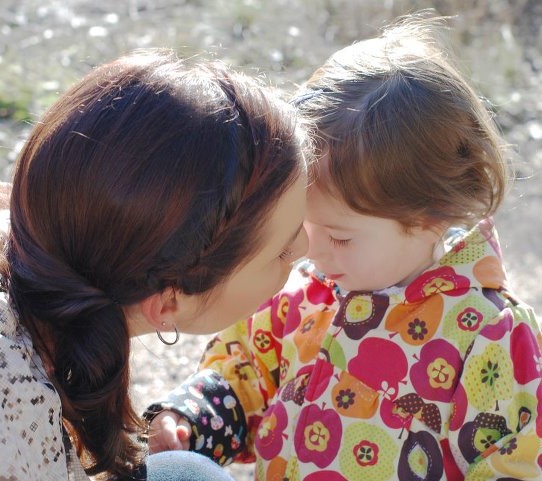
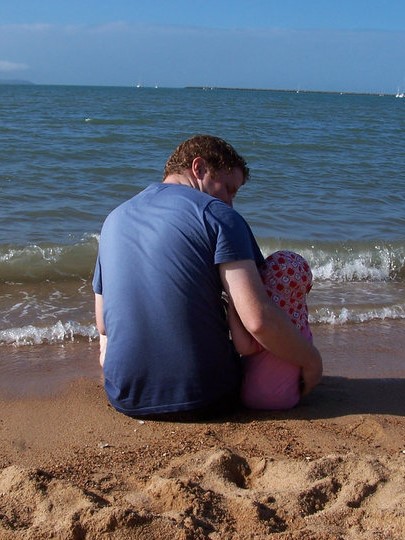
- Make sure that you give the children time to respond. I don’t know about you, but I need to think things through before I have an answer.
- The question stems, who, why, what if, where, how & if, can be a good motivation for investigation.
- Respond to unexpected answers with sensitivity, no one likes to be made to feel foolish. Children are people too.
- Questions are about discovery and conversation. A question is only the beginning of the conversation, not the end.
- And if children cannot think of an answer to your question, a great prompt can be, ‘How can we find out?’
The 3 Types of Questions that Children Ask
Children generally ask three types of questions, social, operational, and cognitive.
Social questioning has the purpose of creating an interaction with another person, so these questions are asked when a child wants to draw someone’s attention to them, like, ‘Do you like my picture?’
The purpose of operational questions is to ask for permission or help to engage in an activity, like, ‘Can I go and play now?’
But the type of questioning that is of interest to us today is cognitive questioning. Cognitive questions are the questions that children ask to gain information and satisfy their curiosity. These are the types of questions that help children find out about the world around them and engage in authentic STEM experiences. These are the questions that we can use as a basis for inquiry-based learning.

Between the ages of 4-5 children are ideally primed for question asking. They have sufficient language skills; their brains are ready to make connections and they lack many of the pre-conceived ideas that adults have. Interestingly, though, research suggests that the quality & quantity of children’s question asking drops off when they enter the early childhood education setting at around this age due perhaps to the educator’s response to the questions.
In the past few years, we have become aware that children’s questions are generally far more complex than the questions posed by adults. Their questions are often not easily answered, which makes them a great context for STEM learning. Inquiry based learning refers to children undertaking investigations to answer their own questions and is the most current pedagogical approach to STEM learning. Children’s questioning gives adults an insight into what is important for the child, and this is very often different than what adults may find significant.
Tips for Helping Children Ask Good Questions
- Model ‘good question’ asking behaviour for children.
- Get outside. Outdoor play encourages question asking, wonder and exploration.
- When children ask you a question, ask them one back to encourage them to investigate the answer for themselves.
- Value the child’s question and investigate the answer together.
- Have an area for question asking, for example, a question wall. Find out what works for you.
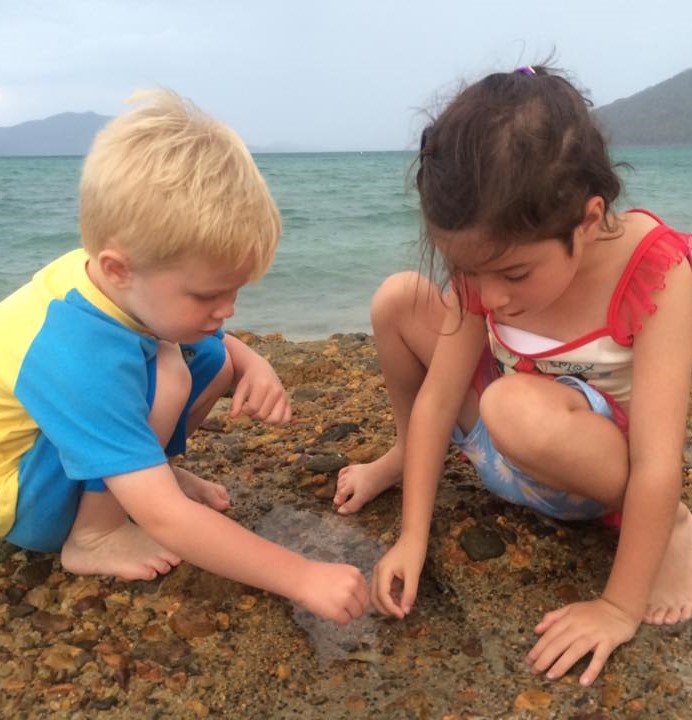
Once you start understanding and thinking about the importance of good questioning, you’ll notice ‘good’ and ‘not-so-good’ questions everywhere. Take some time to be intentional in your questioning with your children and students, and you may be surprised at what you, as well as the children, learn.


